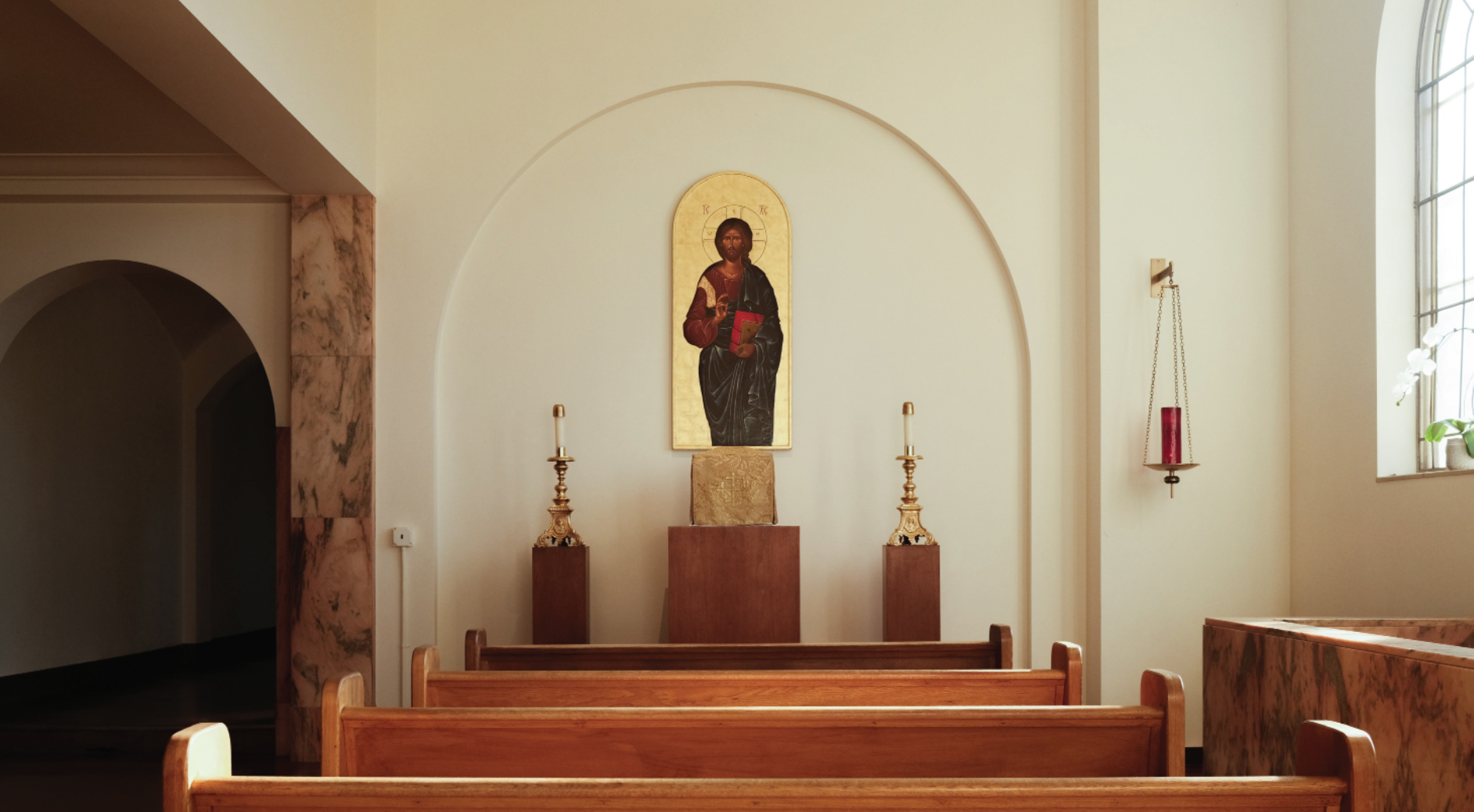The basic dynamic of growth in the spiritual life comes through the three-step process we can summarize as Try-Fail-Surrender. This might seem surprising. For men it certainly sounds undesirable (feeling weak is the primary source of shame for men). All the same, we can find it well attested in the Catholic Christian spiritual tradition.
Foundationally we learn about the value of failure from St. Paul when he writes: “My grace is sufficient for you, for my power is made perfect in weakness” (2 Cor 12:9). That led him to conclude: “for when I am weak, then I am strong” (2 Cor 12:10). St. Gregory the Great expressed something similar about the value of growing in humility when we fail to pierce the mysteries of divine wisdom despite our best efforts: “For when his strength failed him for the investigation of the counsels of the most High, he learned how to entertain fear with greater humility, and the man whom his own weakness kept back from the interior knowledge, humility did more thoroughly unite thereto” (Moralia in Job Book X no. 7).
We can also see this movement in the teaching of St. John of the Cross on the nights that lead us deeper into the spiritual life. One way that we experience the spiritual night is as a failure. St. John of the Cross’s image builds on the physical analogy of night leading to the failure of eyesight, which is our primary sensory power. The spiritual nights likewise are experiences of failure in spiritual powers that we have come to trust and feel we are in control of. Those spiritual powers might include our confidence in the way we have learned to pray, or our confidence that can achieve a particular penance. Those spiritual nights could also include experiences of failure in our work or our ministry or even various relationships.
As we experience our limitations, weaknesses and even failures in areas of our Christian life, we are challenged with how to proceed. Do we simply try harder? Do we lower our standards? Do we justify ourselves? Do we beat ourselves up? Do we blame someone or something else? Do we stop trying? None of these approaches will lead to growth. In fact, these are all forms of self-sufficiency which is precisely what Christ came to save us from, as Pope Benedict XVI described it: “the prideful presumption of being self-sufficient…This is the great evil, the great sin, from which we human beings cannot save ourselves unless we rely on God’s help” (Urbi et Orbi Christmas Message 2011). By definition, we cannot save ourselves from self-sufficiency. Growth does not come through self-suffiency; growth comes through surrender. Surrender involves admitting our weakness, feeling the pain of failure and asking for help.
Because God is trying to build us into a family, already knitting us together with heavenly love in this earthly life, He most often seeks to communicate His love and His help to us through other people. Our surrender to God therefore most often passes through human relationships. This might be a relationship with a close friend, a spiritual director, a Confessor or a spouse. Furthermore, because our God is a maximalist rather than a minimalist, He is generally guiding us into having more relationships rather than less. St. Paul almost gives us the sense that we should broadcast our weaknesses when he uses the word “boast” in teaching: “I will all the more gladly boast of my weaknesses, that the power of Christ may rest upon me” (2 Cor 12:9).
To reiterate, the path of growth in Christ goes by way of trying, failing and surrendering. It’s important to recognize that we have to try hard enough and aim high enough that we reach our limits. Then having reached our limits and having experienced failure of various kinds, we take the path of surrender: we feel the pain of our failure, but then we bring that failure into relationship. As we bring our limitations into relationship with God through and with other human beings, we will experience the sweet gift of communion. This communion leads to growth in love and becomes a foretaste of heaven. Furthermore, we steadily discover the good news that every weakness is actually a near occasion of communion.
Fr. Boniface Hicks, OSB, is a Benedictine monk of St. Vincent Archabbey in Latrobe, Pennsylvania. He serves as a spiritual direction for many, the programming manager and an on-air contributor for We Are One Body Catholic Radio, a retreat master for laity, consecrated religious, and priests, and the Director for Spiritual Formation for Saint Vincent Seminary and Director of the Institute for Ministry Formation. He will be the Spiritual Guide for the 2024 Exodus 90, starting January 1, 2024.





